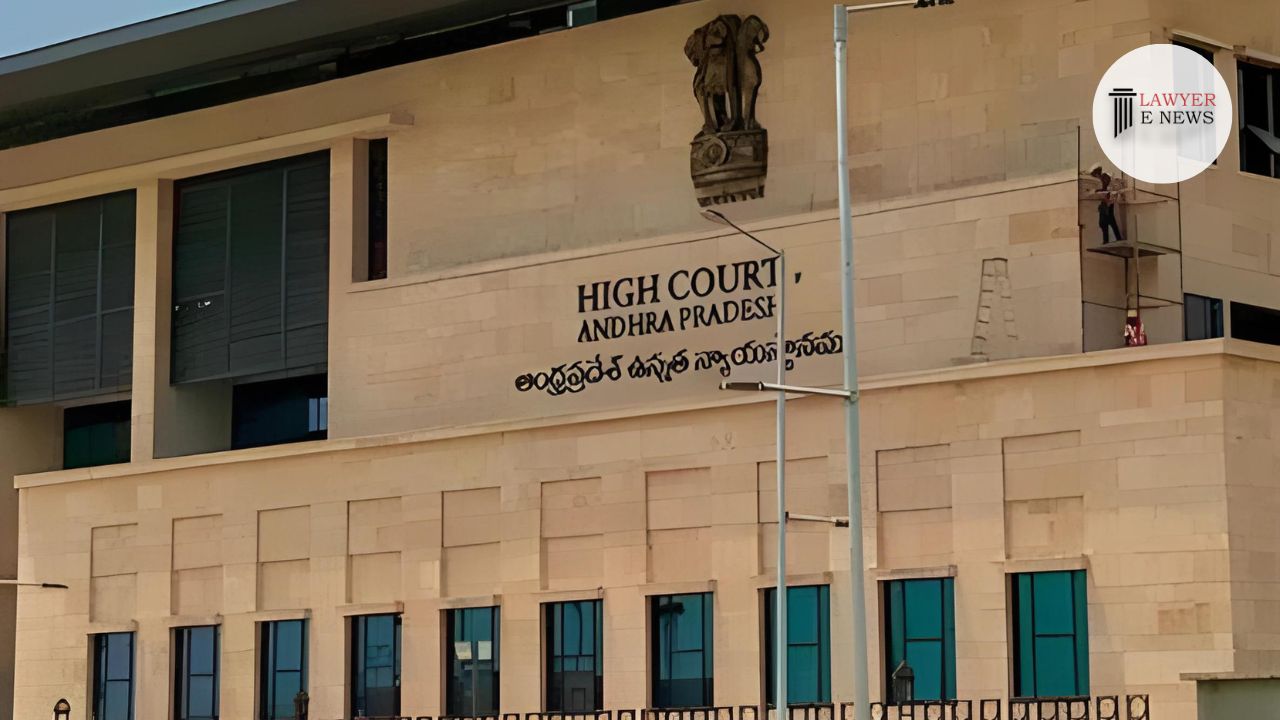-
by Admin
15 February 2026 5:35 AM



Court Fee Paid on Highest Relief Determines Pecuniary Jurisdiction. Andhra Pradesh High Court ruled in the case of Chennapatnam Muralinath vs. Shaik Nazer Ahammed, addressing the issue of pecuniary jurisdiction in a suit for specific performance of contract. The court clarified that pecuniary jurisdiction is determined by the highest valued relief sought in the suit, even when the primary relief is of lower value.
The appellant, Chennapatnam Muralinath, filed a suit for the specific performance of an agreement of sale dated April 19, 2014, involving a consideration of ₹47,70,000. A significant portion of the sale consideration had been paid, but the respondent failed to execute the sale deed, prompting the appellant to seek specific performance. Alternatively, the appellant sought a refund of the sale consideration with 24% interest, amounting to ₹1,08,42,666. The appellant paid the court fee of ₹1,12,226 on the highest pecuniary relief, which was the alternative refund.
The District Court of Kurnool raised an objection regarding its pecuniary jurisdiction, arguing that although the alternative relief exceeded ₹50 lakhs, the primary relief for specific performance was below this threshold. The court returned the plaint, stating it could only hear the suit if the appellant sought the alternative relief exclusively.
The key legal issue was whether the pecuniary jurisdiction of the court should be determined by the value of the primary relief or the highest relief claimed in the alternative.
The Andhra Pradesh High Court held that pecuniary jurisdiction must be determined based on the highest valued relief, even if it is sought as an alternative. The court referred to Section 6(2) and Section 50(1) of the A.P. Court Fees and Suit Valuation Act, 1956, which clearly state that the court fee should be paid on the highest relief sought, and this valuation should determine jurisdiction. The court also cited a Full Bench decision in Kalla Yadagiri v. Kotha Bal Reddy, affirming that the value of the relief sought for court fee purposes governs the court's jurisdiction.
The court noted that under Section 22 of the Specific Relief Act, 1963, a plaintiff is entitled to claim both specific performance and an alternative refund in the same suit, and the law allows for such combined reliefs. The District Court's requirement that the plaintiff choose between the two reliefs was held to be incorrect.
The court allowed the appeal, setting aside the District Court's order and directing it to register the suit for both reliefs. The court ruled that since the alternative relief was valued at ₹1,08,42,666, the District Court had the jurisdiction to hear the entire matter.
Date of Decision: September 24, 2024
Chennapatnam Muralinath VS Shaik Nazer Ahammed...Respondent
